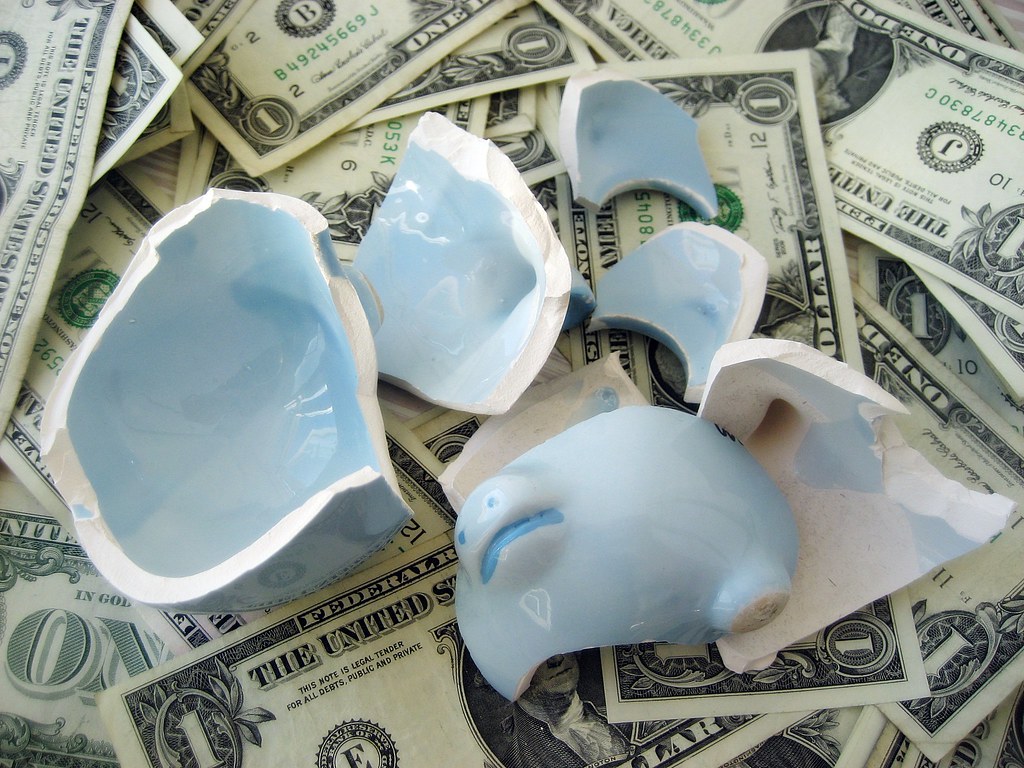Borrowing money from a 401(K) is unfortunately a pretty common practice. Though majority of people with 401(K) plans do not touch their retirement savings and take out a loan against it, there are enough people who do so, committing a mistake with serious financial repercussions.
 Photo Credit: 401(k) 2013
Photo Credit: 401(k) 2013
While borrowing from your 401(K) may seem like a good idea at first glance, especially because of the convenience it brings with no credit checks required and a lower interest rate than most commercial loan products in the market, doing so often means a greater financial loss for you. If you’re major reason is to avoid the credit check requirement, then it is not reason enough because there are loan products out there, like title loans, that also do not ask for such requirements. After you’ve read our reasons for staying away from 401(k) loans, then you’ll probably end up doing the same as well.
4 Reasons Why Borrowing from Your 401(K) is a Bad Idea:
1. It defeats the purpose – What you should always remember is that your 401(K) is primarily meant to help you save and grow your money. Taking a loan off of your 401(K) is like smashing your piggy bank prematurely. Yes, you’ll get cash now, but you’ll end up not saving enough for the Christmas gift you’ve always wanted to buy.
2. Opportunity cost – Your 401(K) is no ordinary savings account. It is an investment account earning you money passively as you go about your day-to-day business. If you think that the lower interest rate on the loan means financial gain for you, then you simply didn’t factor in the cost of the lost investment opportunity. You’ll probably find that the amount of money you can potential gain from not touching your investment in the 401(K) is significantly higher than the difference in interest rates between the 401(K) loan and commercial loan products.
3. Special penalties due to changes in job status – 401(K) loans are tied to your current job. This means that if you lose your job or switch companies, the loan will be immediately payable. If you are not able to pay the remaining balance, the amount will be treated as a withdrawal on your 401(K) savings, which means a 10% penalty plus tax. The only way you can escape this is if you happen to reach retirement age around the time you lose your job!
4. It has a way of turning into a bad habit – The New York Times says that one dip into a 401(k) often leads to another. So while you may intend to do this only once to avoid the negative financial effects, think again, because if you’re like most people you’ll probably end up doing it again. Worse, it is highly likely that you’ll end up taking multiple loans simultaneously.
Author Bio:
Amy Fitzgerald is a professional blogger that provides financial advice and tips to consumers. She writes for TitleMax, a title loan company.